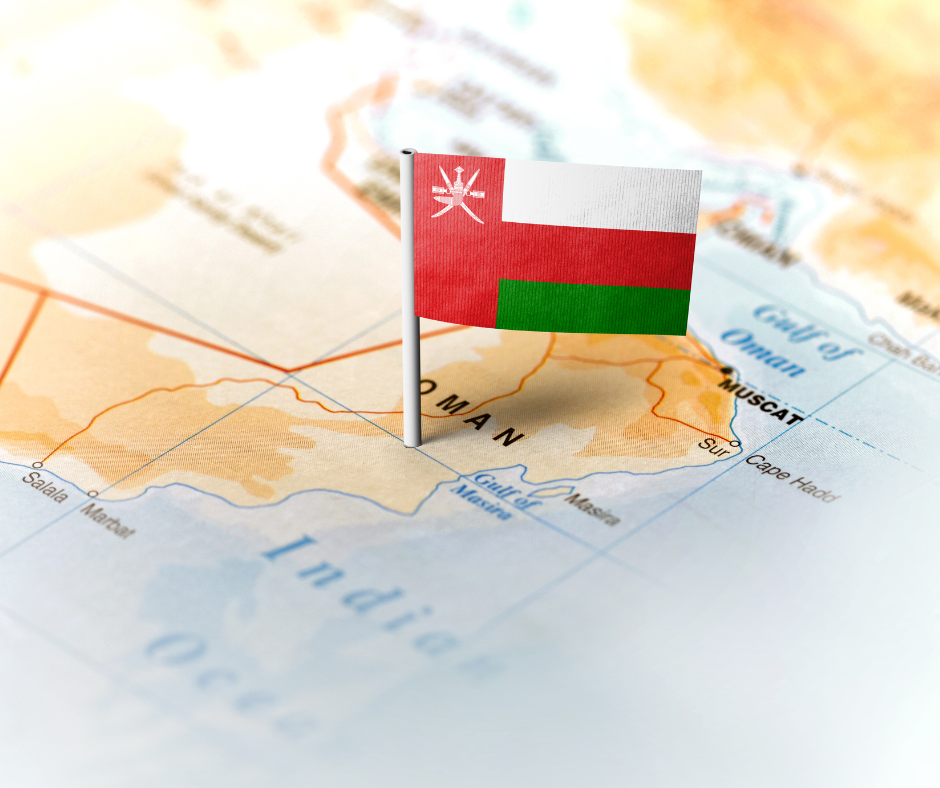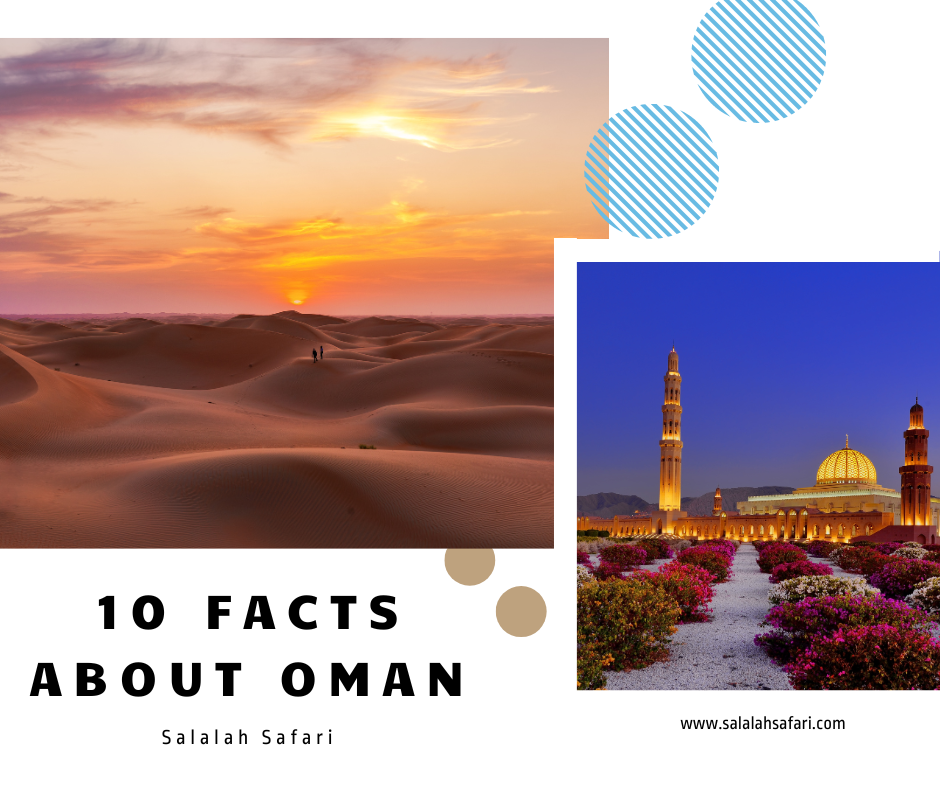Oman facts are a source of attraction for everyone
Oman facts attract the attention of those who want to visit it for several reasons that make everyone excited to visit it, One of the most important reasons is :
Geographical Diversity:
Oman is located on the southeastern coast of the Arabian Peninsula and boasts diverse landscapes, including deserts, mountains, coastal areas, and fertile valleys.
Long History:
Oman has a rich history dating back thousands of years. It was once a major center of trade and maritime activity, with influences from various civilizations including the Persians, Portuguese, and Ottomans.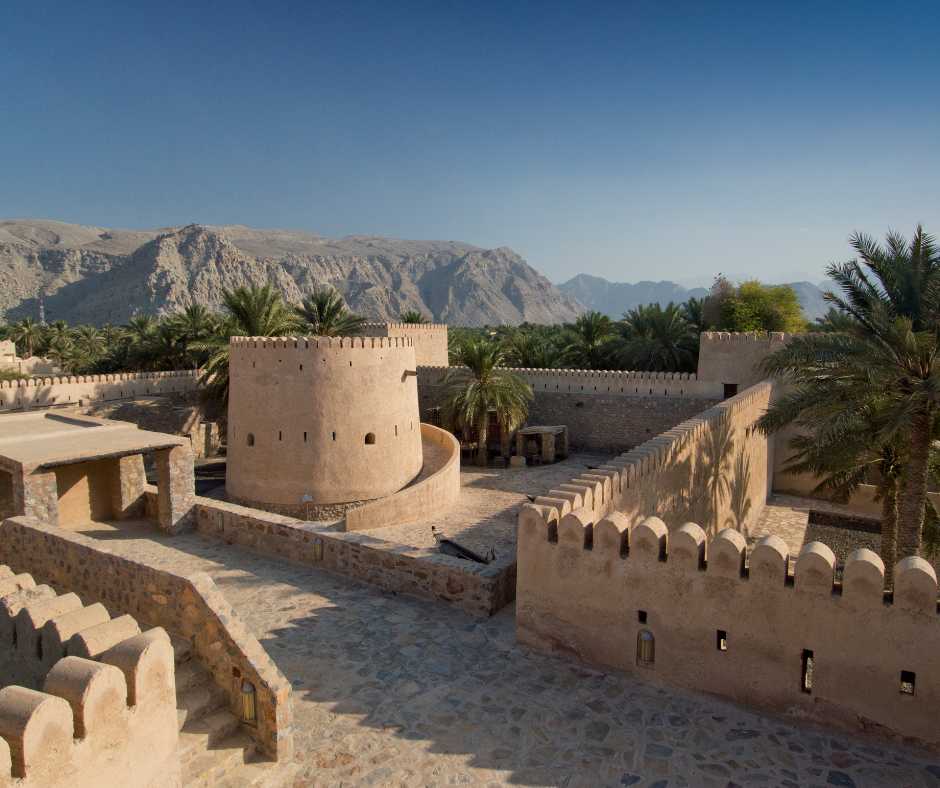
Sultanate of Oman:
Oman is a monarchy ruled by Sultan Haitham bin Tariq Al Said, who assumed power in January 2020 following the passing of Sultan Qaboos bin Said Al Said, the country’s long-serving ruler.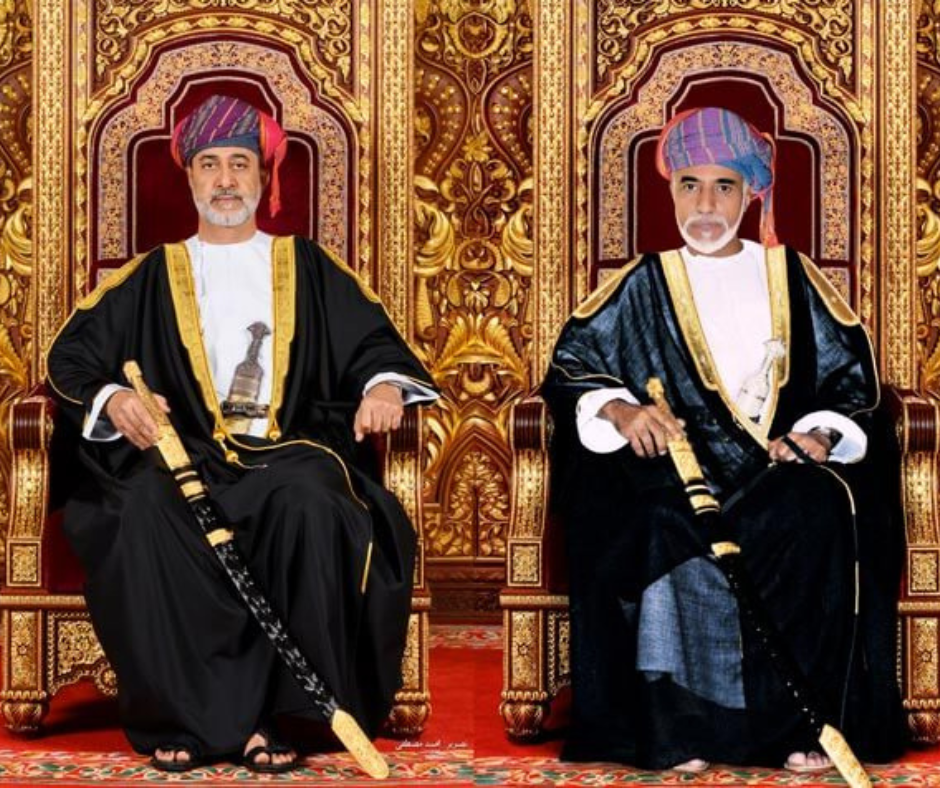
Frankincense:
Oman was historically a significant producer of frankincense, a resin used in incense and perfumes. The ancient trade routes of the “Frankincense Trail” passed through Oman, contributing to its prosperity and cultural heritage.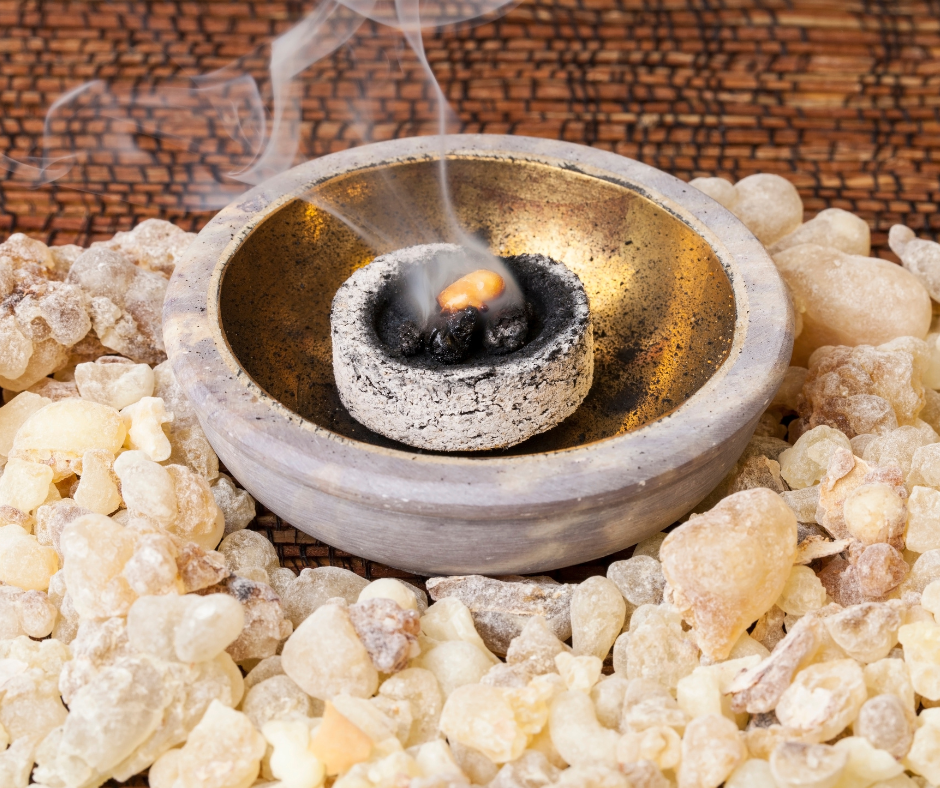
Cultural Heritage:
Oman has a rich cultural heritage influenced by its Arab, Persian, and African roots. Traditional Omani architecture, handicrafts, music, and cuisine reflect this diverse cultural heritage.
Omani Hospitality:
Omani people are known for their warm hospitality and generosity towards visitors. Guests are often welcomed with dates, coffee, and traditional Omani hospitality rituals.
Muscat:
The capital city of Oman, Muscat, is a vibrant cultural and economic hub. It is home to historic landmarks such as the Sultan Qaboos Grand Mosque, Al Jalali Fort, and Muttrah Souq.
Modern Development:
Oman has undergone significant modernization and development in recent decades, with investments in infrastructure, education, healthcare, and tourism contributing to its economic growth.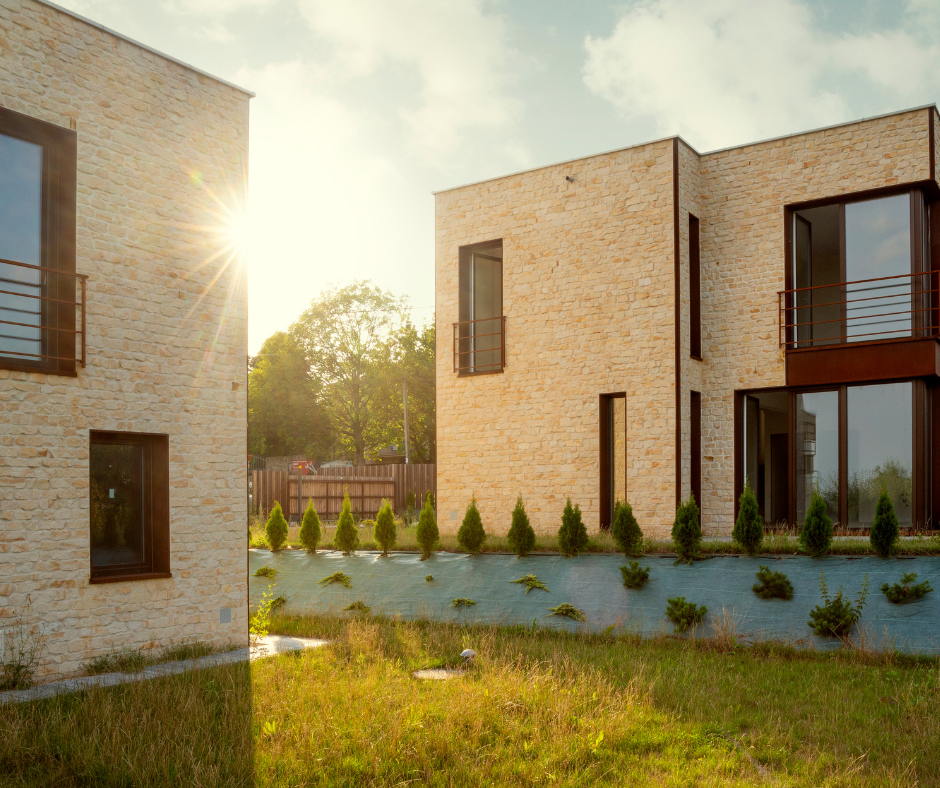
Natural Beauty:
Oman is renowned for its stunning natural landscapes, including the towering peaks of the Hajar Mountains, the vast sand dunes of the Wahiba Sands, and the crystal-clear waters of the Arabian Sea.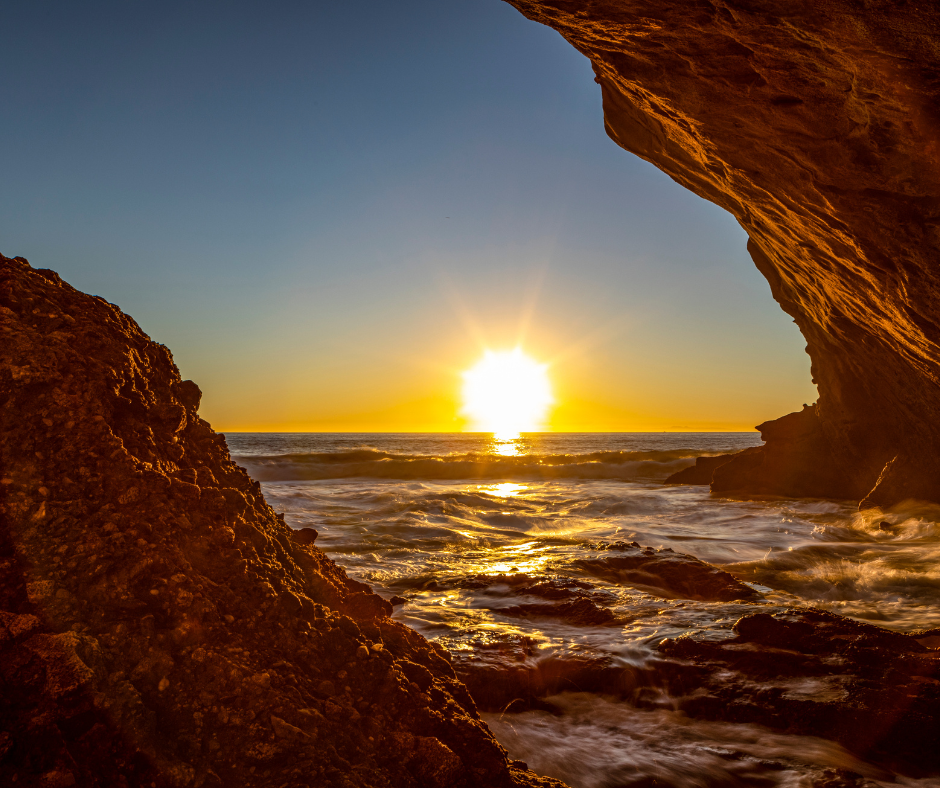
Political Neutrality:
Oman is known for its policy of political neutrality and diplomacy in regional and international affairs. It has played a constructive role in mediating conflicts and fostering dialogue in the Middle East and beyond.